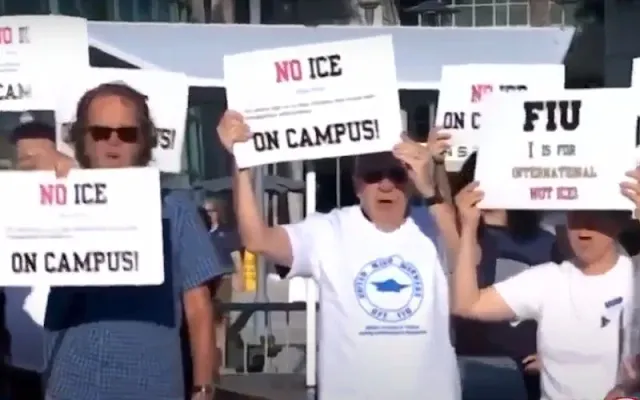 |
| Sudden cancellations of legal status for international students by the U.S. government |
U.S. Crackdown on International Students Sparks Legal Firestorm and Policy Reversal
DECK
Thousands swept into deportation fears after abrupt visa terminations; court challenges force federal rethink and transparency on ICE enforcement practices
KEY FACTS
What: Sudden cancellations of legal status for international students by the U.S. government
-
Where: Nationwide, affecting various universities and states
-
When: Past several weeks, peaking with legal action and policy disclosures this month
-
Why: New DHS interpretation of visa revocation as grounds for status termination
-
How: Database sweeps flagged 6,400 students; decisions made within hours, without case-by-case review
-
Response: Legal battles prompt reinstatements and new policy clarifications
SITUATION SNAPSHOT
Confusion and panic gripped campuses across the U.S. as international students discovered their legal status had vanished without warning. Many fled, hid, or scrambled for legal help, unaware of why their records had been erased. The fallout from a quiet federal sweep is now unfolding in federal courtrooms and college offices alike.
WHAT WE KNOW
In recent weeks, Immigration and Customs Enforcement (ICE) and the Department of Homeland Security (DHS) quietly began removing international students from the Student and Exchange Visitor Information System (SEVIS), effectively stripping them of legal status. The abrupt action came to light through lawsuits filed by students, including Akshar Patel, whose case has become emblematic of a broader issue.
The Department of Homeland Security admitted it had matched student visa holders' names against the FBI’s National Crime Information Center (NCIC) database. Roughly 6,400 students were flagged, including many with no criminal convictions or with dismissed charges.
A spreadsheet listing 734 flagged individuals, including Patel, was forwarded internally with the instruction: "Please terminate all in SEVIS," within 24 hours—suggesting no individualized assessments had been made.
WHAT’S NEXT
Federal officials have announced they are restoring the affected students' statuses while crafting a more transparent and structured termination policy. Courts are pushing for negotiated settlements in individual cases, and immigration advocates anticipate further legal scrutiny of DHS enforcement methods.
VOICES ON THE GROUND
“This just gave them carte blanche to have the State Department revoke a visa and then deport those students even if they’ve done nothing wrong,” — Brad Banias, immigration attorney.
“All of this could have been avoided if someone had taken a beat,” — U.S. District Judge Ana Reyes.
“Mr. Patel is lawfully present in the U.S. He is not subject to immediate detention or removal,” — Andre Watson, Department of Homeland Security.
CONTEXT
The shift represents a stark expansion of ICE’s powers. Historically, revocation of a visa did not automatically lead to termination of legal student status—students could remain in the country but couldn’t re-enter after travel. The recent move changes that norm, treating visa revocation itself as cause for deportation proceedings.
Observers see this as part of a broader tightening of immigration policies, even under an administration that had previously pledged more humane enforcement. Experts warn that sweeping actions based on incomplete or outdated criminal databases—like NCIC, which includes non-convictions—can result in wrongful targeting.
REPORTER INSIGHT
From inside the courtroom to anxious university campuses, the reverberations of this quiet policy shift have been profound. What began as database flagging has escalated into a national controversy over due process and the fragile legal footing of international students who believed they were following the rules.





 Get it on Google Play
Get it on Google Play



0 Comments